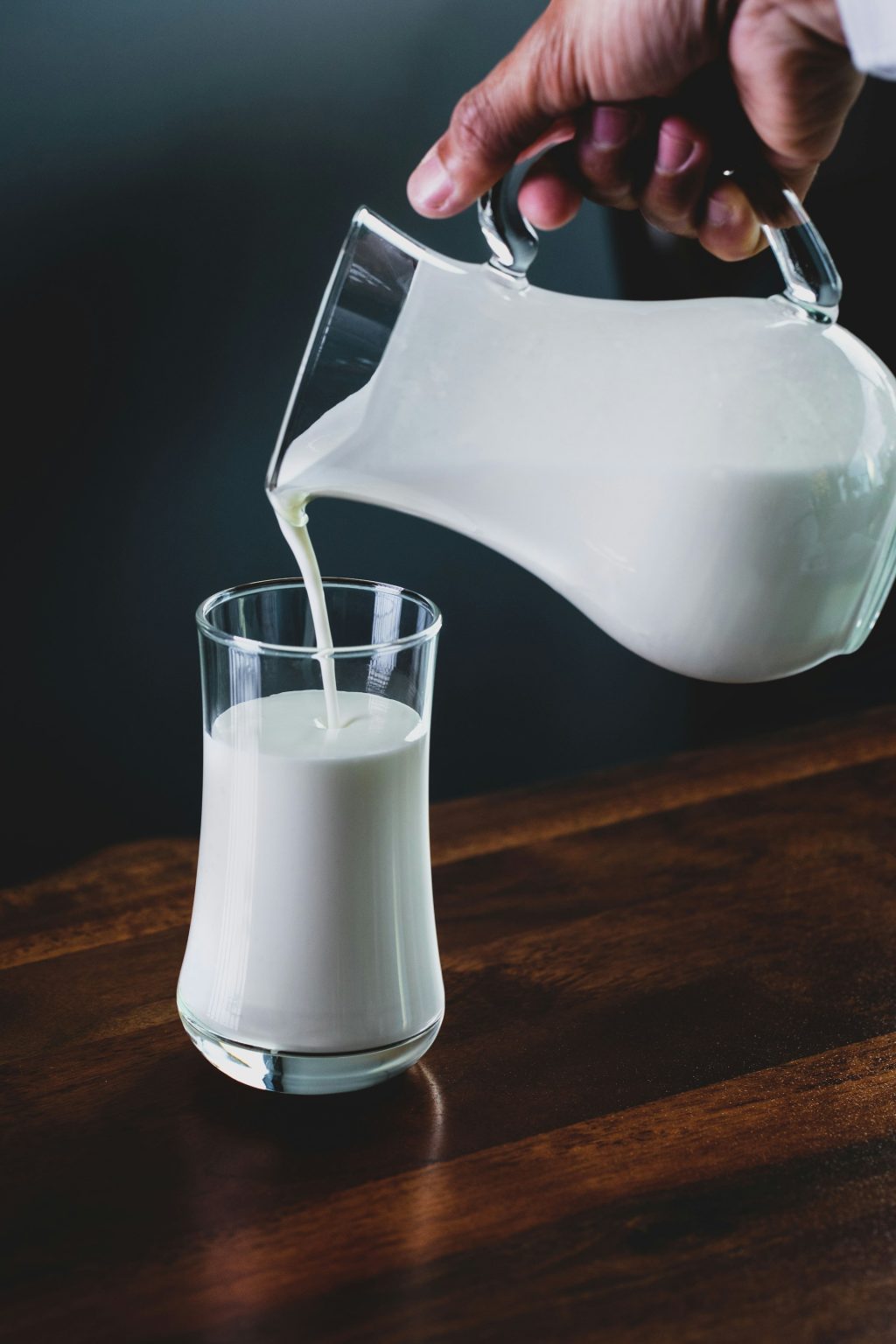A quarter of the UK use plant-based milks, making them a staple in Coffee shops across the country. Once reserved for those adopting a vegan or a lactose free diet, ALT milks are now mainstream, but are they always good for you?
Here, Rise Coffee reveals the pros and cons of the most popular alternative milks.
Oat Milk
The Oat Milk industry is estimated to be worth a total of 2.98 billion and is usually the first point of call for someone wanting to try an alternative milk. Oat milk is made up of ground oats that are filtered with water and enzymes.
Oat milk is not the greatest option in terms of its nutritional value. For Oat milk to hold any kind of nutritionary worth, it must be underpinned with Iron, Vitamin A & D as well as Calcium. The Oat crop is often sprayed with a high number of pesticides so if you are choosing it, its best to opt for organic.
Oat milk is also low in protein and high in carbohydrates, with one latte equating to a slice of bread. Oats are dry in their natural form, so when they are made into milk, oils such as Rapeseed are added, containing trans fats that can spark inflammation in the body. The added oil also makes it high in calories.
Pros:
Steamed Oat Mill can replicate cows’ milk to create Cappuccino, Lattes and Flat Whites, whilst remaining the most sustainable milk option as making it produces little waste. It also contains a good amount of fibre, helping t support digestion.
Coconut Milk
Coconut Milk is made from the white flesh of the coconut and is mixed with water. It’s not naturally occurring like coconut water.
The nutritional value of Coconut Milk is not comparable to cows’ milk as it’s high in saturated fat and contains far less protein. Coconut milk doesn’t contain any natural forms of calcium, Vitamin D or Vitamin A however, there are retail options that have been manipulated to contain these nutrients. The saturated fat found in coconut milk can induce high levels of cholesterol in the body and heightens its level of lipoproteins. If you are conscious of your cardiovascular health, then coconut milk should be consumed in moderation.
Coconut milks often contain added sugar, increasing the calorie count as well as causing an insulin spike. The spike in insulin can rapidly fall, creating sudden tiredness throughout the day.
Pros:
The lauric acid found in coconut milk is converted to monolaurin when consumed. The monolaurin compound is anti inflammatory and can help protect the body from infection. In fact, studies have shown that that coconut milk has reduced the size of stomach ulcers in the same way as modern medicine.
Almond Milk
Almond milk is formed by soaking almonds in water which are then grinded. The almonds ‘flesh’ is then filtered, and the almond milk is the liquid that remains.
Almond milk often contains Carrageenan, a red seaweed that is often used to thicken foods but holds no nutritional value. Some people have found that Carrageenan can cause digestive issues.
If a person opts to solely drink Almond milk, they may wish to include a Vitamin D supplement into their diet as almond milk contains very low levels of the nutrient. Almond milk also lacks in calcium, Vitamin B-12 and Potassium.
Pros:
Almond Milk has a low-calorie count, is low in sugar and rich in Vitamin E. Vitamin E holds antioxidant properties that promote skin health. Unlike other alternative milks, Almond milk is low in its carb content and therefore wont spike blood sugar levels. This ensures that the body uses its carb content for energy, rather than storing it as fat.
Soy Milk:
Soy milk is made by soaking soybeans for several hours and then combining the beans with water to grind them together and create the milk.
Soy products can contain a high number of oxalates, a chemical that is the main component of kidney stones. Soy also holds phytates which are ‘anti nutrients’ that can block the absorption of minerals such copper, magnesium, and chromium. This can increase the risk of developing nutritional deficiencies.
Pros:
Soy milk is high in protein and studies have shown that its properties can reduce blood pressure, inflammation, and high insulin levels.
specialty coffee is potentially boosting my health.”
RiSE is a coffee box subscription for coffee lovers, from coffee lovers. It was founded by Ben & Alice during lockdown 2020 in South London. Their mission is to give people a fun and exciting way to discover and taste new varieties of coffee from a world of roasters and regions.
Founders Ben and Alice blind taste and handpick the best specialty coffees from roasters across the UK. From the smallest roasters nestled in the countryside to London’s largest and most popular cafes, they share their passion for discovery and the stories behind the beans in every box.



